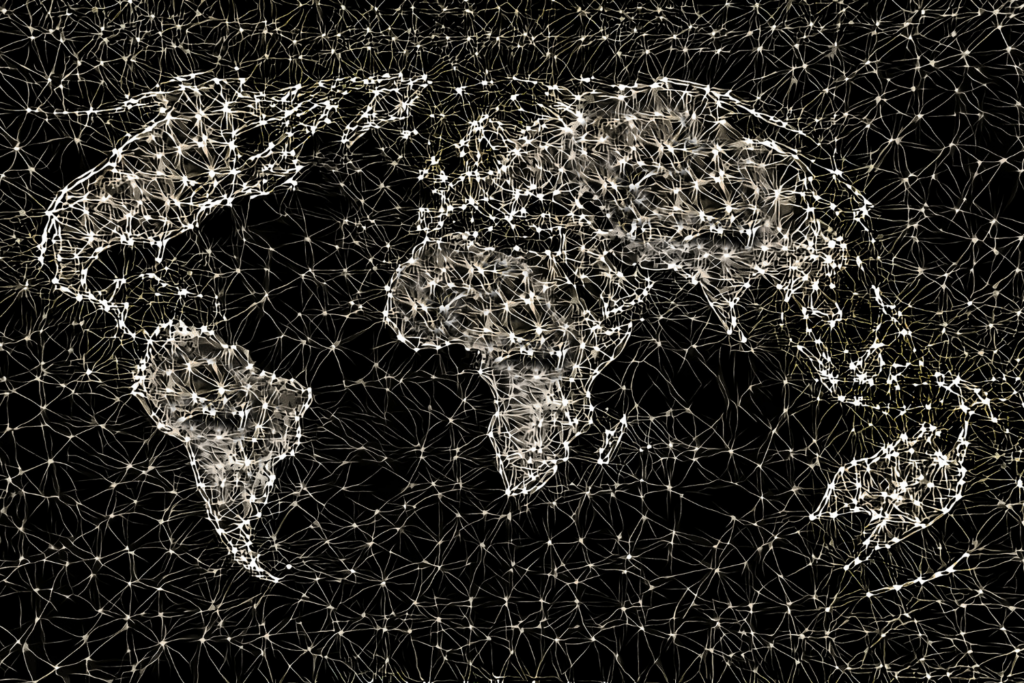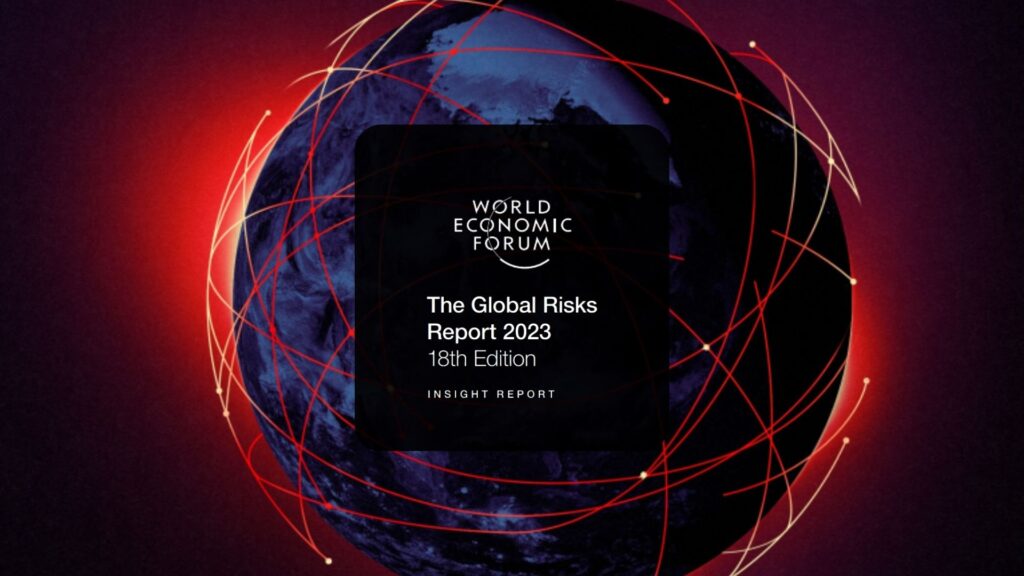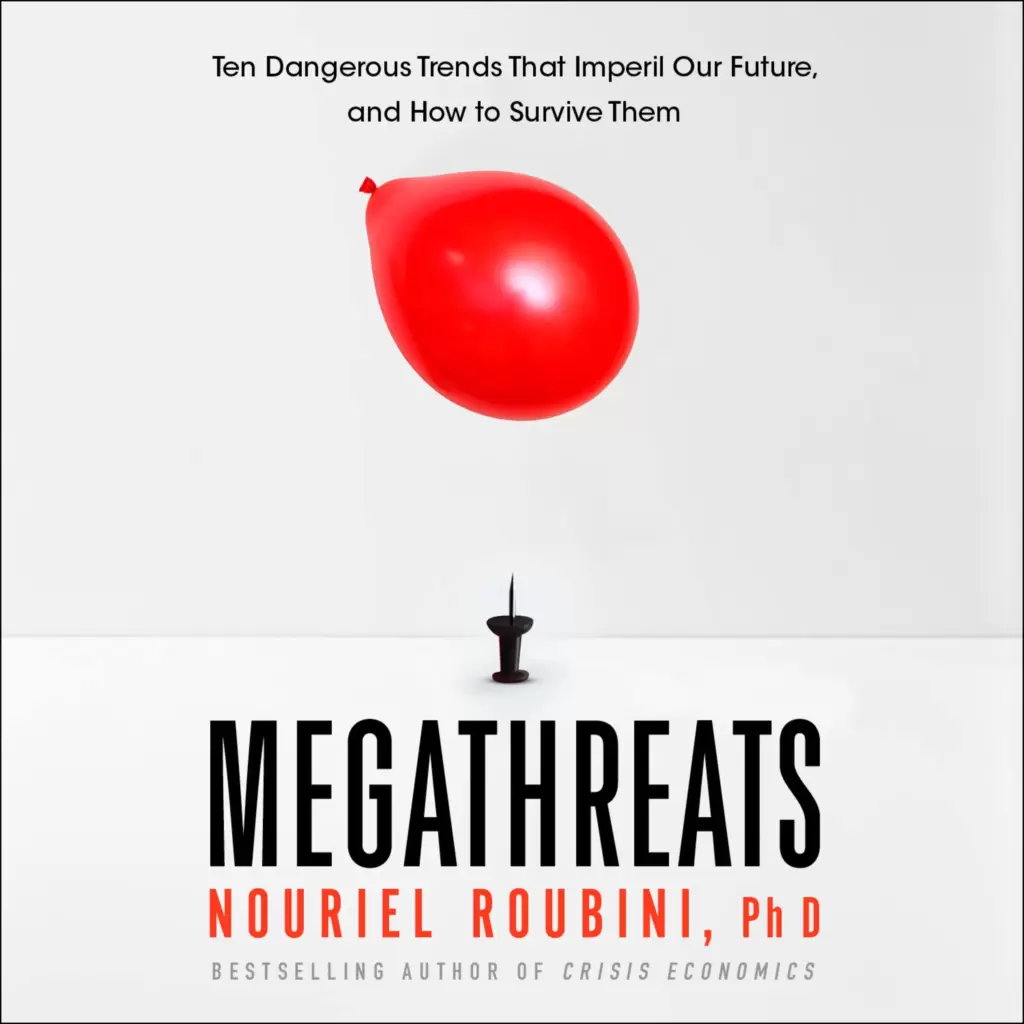Loneliness in Times of Global Polycrises
The authors argue that polycrises “are associated with enormous psychological stress, especially for vulnerable groups”, in part because they impair social interaction. The resulting loneliness then affects people’s behaviors within a polycrisis by: increasing mental and physical morbidity and mortality, increasing negative cognitive bias, decreasing social engagement, lowering voter turnout, and by bringing other latent […]
Loneliness in Times of Global Polycrises Read More »








